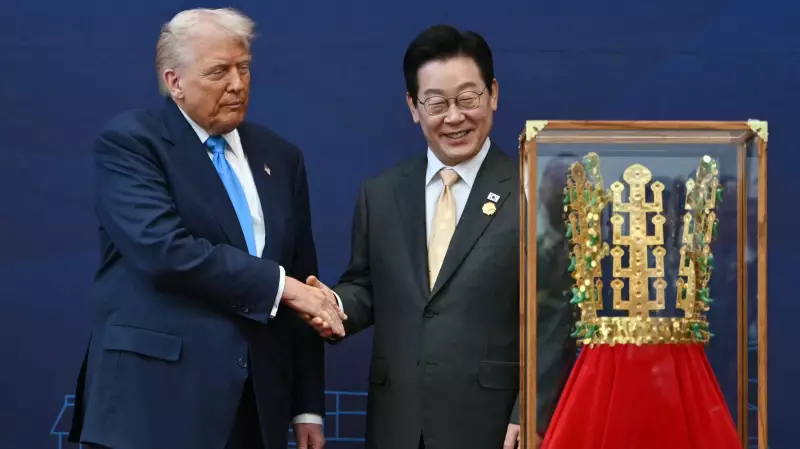
The political landscape in Northeast Asia is bracing for potential turbulence as former President Donald Trump positions himself for a possible return to the White House. Government officials and policy experts in both South Korea and Japan are quietly preparing for what could be a dramatic shift in American foreign policy.
Regional Anxiety Grows Over US Commitment
Diplomatic circles in Seoul and Tokyo are expressing growing concern about how a second Trump administration might approach longstanding security alliances. During his previous term, Trump repeatedly questioned the value of US military presence in the region and demanded that allies shoulder more of the financial burden for their own defense.
"There's genuine apprehension in both capitals," explains Dr. Ken Jimbo, a professor of international relations at Keio University. "The alliance structure that has maintained regional stability for decades could face unprecedented pressure under Trump's transactional approach to diplomacy."
Economic Implications Loom Large
Beyond security concerns, trade relations also hang in the balance. Both South Korea and Japan have significant economic ties with the United States that could be disrupted by a return to Trump's protectionist policies.
- Renegotiation of trade agreements like KORUS
- Potential return of tariff threats
- Uncertainty for major exporters like Samsung and Toyota
- Disruption to semiconductor supply chains
Contingency Planning Underway
Behind the scenes, both nations are developing strategies to navigate a potential Trump presidency. Japanese officials have reportedly been studying Trump's first-term policies and building relationships with his potential advisors. Meanwhile, South Korean diplomats are emphasizing the strategic importance of the alliance in countering regional threats.
"The key challenge for both countries will be demonstrating the continued value of these partnerships while preparing for potentially difficult negotiations," notes Park Jung-won, a professor of international law at Dankook University.
Broader Regional Impact
The uncertainty extends beyond bilateral relations. A shift in US policy toward Northeast Asia could have ripple effects across the entire Indo-Pacific region, potentially altering the balance of power and creating opportunities for other actors to fill any perceived vacuum in American leadership.
As the US election approaches, officials in Seoul and Tokyo will be watching closely, knowing that the outcome could reshape the geopolitical landscape they've depended on for generations.





